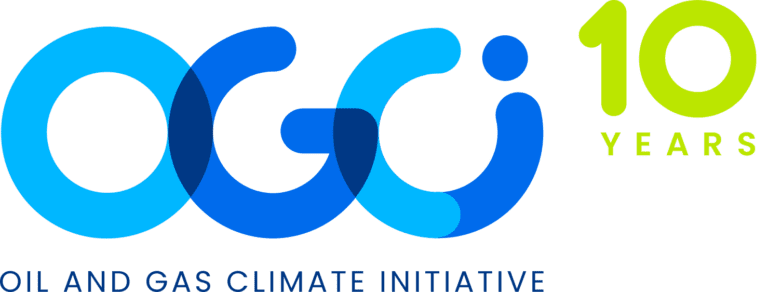Aiming for Zero Methane Emissions Initiative

This document was developed by OGCI member companies and provides guidance to oil and gas operators on how near-zero methane emissions could be interpreted and reached. It includes examples of how near-zero emissions are currently defined within the industry at both corporate and group levels, offering insights applicable to integrated companies as well as those […]
EO 100

Voluntary initiative certification encompassing all ESG focus areas. The EO100™ Standard for Responsible Energy Development is a set of rigorous performance standards for energy development projects. Developed through a three-year, multi-stakeholder engagement process, the EO100™ Standard is the product of extensive consultation with the energy industry, international NGOs, Indigenous organizations, financial institutions, government, and communities […]
Global Methane Pledge

Participants joining the Pledge agree to take voluntary actions to contribute to a collective effort to reduce global methane emissions at least 30 percent from 2020 levels by 2030. This is a global, not a national reduction target. Participants to the Pledge also commit to moving towards using the highest tier IPCC good practice inventory […]
IMEO Report

The International Methane Emissions Observatory’s third annual report provides decision makers a framework of action to track and monitor methane emissions to plan targeted and ambitious action for their mitigation. The International Methane Emissions Observatory (IMEO) of the United Nations Environment Programme (UNEP) is poised to catalyse rapid climate action informed through these new data, […]
Influencing non-operated JVs

This guide helps companies influence their JV partners to reduce methane emissions and create a cleaner oil and gas value chain. The Playbook for Methane Action in Non-Operated JVs (NOJVs) is a guide to driving methane emissions reductions in joint ventures, especially when partners may lack urgency or resist change. It begins with an overview […]
Midstream quantification, monitoring, reporting and verification project

The Quantification, Monitoring, Reporting, and Verification (QMRV) Project is designed to provide an accurate representation of Cheniere’s (a leading liquefied natural gas (LNG) company) supply chain greenhouse gas emissions. The project’s objectives include enhancing emissions transparency, verifying the accuracy of reported emissions, and driving emissions reductions. This page offers resources related to the project, making […]
MiQ buyers calculator

MiQ has developed and launched the Gas Buyers Methane Emissions Calculator, a tool designed to help natural gas buyers assess the potential methane emissions reductions associated with purchasing MiQ-certified gas. The calculator compares emissions from the production segment of MiQ-certified gas against benchmark gas, providing buyers with valuable insights into the environmental benefits of choosing […]
MiQ standard

Standard for meeting MiQ certified gas requirements. The MiQ Standard is a standalone framework to assess the methane emissions intensity and carbon (CO2e) intensity at the asset level from each stage of the natural gas supply chain and some stages of the crude oil and natural gas liquids supply chain. The MiQ Standard is followed […]
OGMP 2.0 implementation plan guidance

This resource provides detailed guidance and scoring criteria for the key elements of the annual implementation plan report required under the OGMP 2.0 Reporting Framework. Participating companies must submit a plan outlining how they will achieve the “gold standard” of methane emissions reporting within the specified timelines—three years for operated assets and five years for […]
OGMP 2.0 technical guidance documents

The OGMP 2.0 Guidance Documents and Templates page serves as a comprehensive resource for companies participating in the Oil and Gas Methane Partnership (OGMP) 2.0 initiative. It offers a collection of documents and templates designed to assist companies in accurately reporting and managing methane emissions. The resources are categorized into Technical Guidance Documents (TGDs), Uncertainty […]
